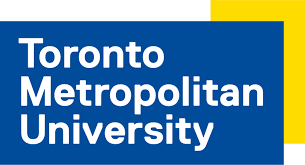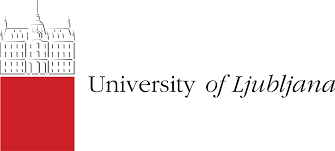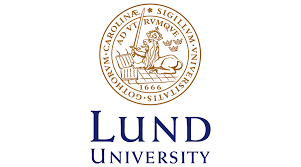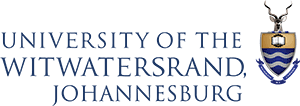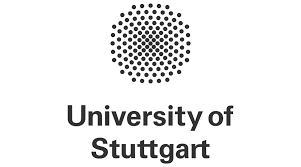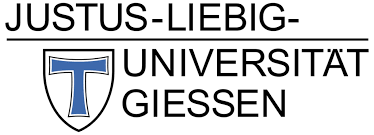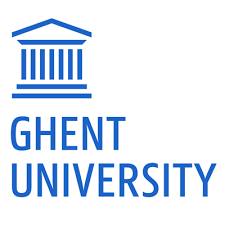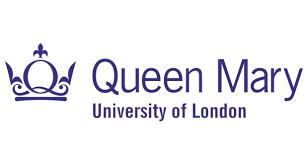The Toronto Metropolitan University, previously called Ryerson University in Canada is one of two non-European partners involved in PROTECT. The team is led by Associate Professor Idil Atak, joining her are Sara Asalya and Ph.D. fellows, Zainab Abu Alrob, Jona Zyfi, Claire Linley and Julie Kim. Together, they drive the Canadian-oriented research of PROTECT, involving fieldwork among migrants and refugees in Canadian cities and organizing academic and policy conferences.
The Canadian team, led by Associate Professor Idil Atak are involved in several of PROTECT’s key Work Packages. The team co-leads Work Package 1 on developing theoretical, conceptual, and methodological approaches to international protection and Work Package 9 on dissemination, communication, and exploitation of results. As a part of the latter, the team organized and hosted the second PROTECT conference in 2021. PROTECT’s first conference, the Kick-off Conference, was held in Brussels on 9 March 2020.
As part of Work Package 4, the team conducts fieldwork among refugees and migrants in different cities in Canada, in which students will be largely involved. The team will also be involved in comparative assessments of how the Global Compacts on Refugees and Migrants are implemented in Canada compared to Europe and South Africa. These analyses include the Compacts’ legal implications and their impact on refugee rights, and the Compacts’ impact on the governance of international protection and asylum determination.
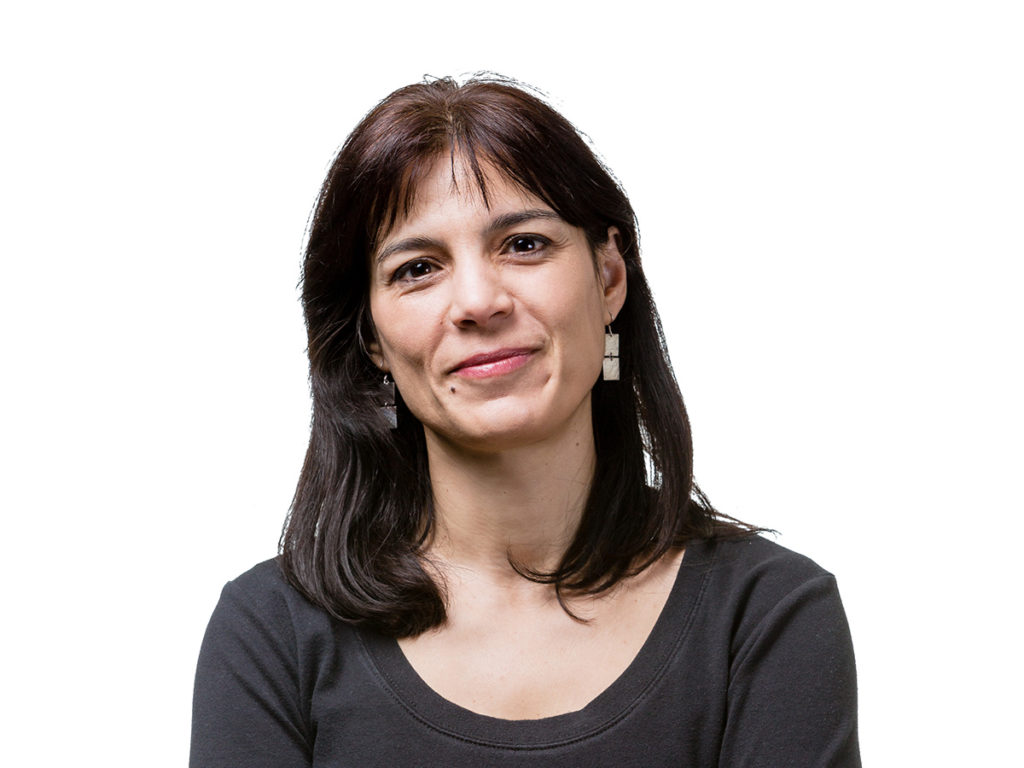
Meet Idil Atak
Idil Atak is an associate professor in the Department of Criminology and in the Law School of the Toronto Metropolitan University. Her research interests include irregular migration, refugee protection, and international human rights law. Atak is the Editor-In-Chief of the International Journal of Migration and Border Studies (IJMBS), a member of the International Association for the Study of Forced Migration’s (IASFM) Executive Committee, and the past president of the Canadian Association for Refugee and Forced Migration Studies (CARFMS). In the video presentation below, Atak presents her role in PROTECT:
Weakened political commitment to refugees
Atak has conducted research and published on the securitization of Canada’s refugee system and its implications for asylum seekers and irregular migrants for many years. She clearly identifies key challenges in implementing the Global Compacts on Refugees and Migrants in Canada despite the international praise the country has received for being a leading global actor within refugee resettlement.
In the video below, she addresses some of the current challenges of Canadian refugee protection:
“Refugee resettlement was an important electoral promise of Justin Trudeau, who in his campaign before the general election in 2015, promised that the Liberal party, if elected, would resettle a large number of refugees from Syria,” Atak explains.
Trudeau kept his electoral promise: In 2016, Canada accepted the largest number of refugees globally, resettling nearly 50 000 Syrian refugees. In 2018, this figure was down to 28 000. According to Atak, the decline in resettlements was a result of the changing political landscape in North-America, which sparked a reconsideration of the Canadian government’s open door policy:
“Since the election of Donald Trump there has been an increase in illegal border crossings by asylum seekers that cannot claim asylum at a land border, so they have to cross the US-Canadian border illegally. Once in Canada they can make their asylum claim.”
The 2004 Canada-US Safe Third Country Agreement requires asylum seekers to claim refugee protection in the first safe country. Since January 2017, more than 54,000 asylum seekers have crossed the Canada-U.S. land border irregularly between ports of entry to claim asylum in Canada.
“This leaves no option to these individuals but to arrive irregularly in Canada since the agreement applies only to asylum claims made at official ports of entry along the land border”, Atak wrote in a recent PROTECT blog post.
“The agreement has been disputed in courts in Canada, but instead of rescinding the agreement, the government of Trudeau has established new ineligibility grounds as recently as in 2019. This agreement is very problematic as it prevents some groups of asylum seekers from accessing justice and protection.”
Atak stresses the need for stronger political commitments to maintain a humane asylum politics, criticizing the shift in Trudeau’s asylum politics:
“Political commitments to refugee protection need to be hard commitments – human rights-based obligations – they should not fluctuate depending on the political mood or interest.”
Although she draws on the Canadian experience when addressing challenges of implementing the Global Compacts, Atak stresses that limiting asylum seekers’ access to international protection is not solely a Canadian problem, but a global one:
“We see that asylum seekers in Canada, and in other parts of the world, including the EU, don’t have access to the protection they need, and that states are very creative in coming up with ways of preventing the arrival of asylum seekers.”
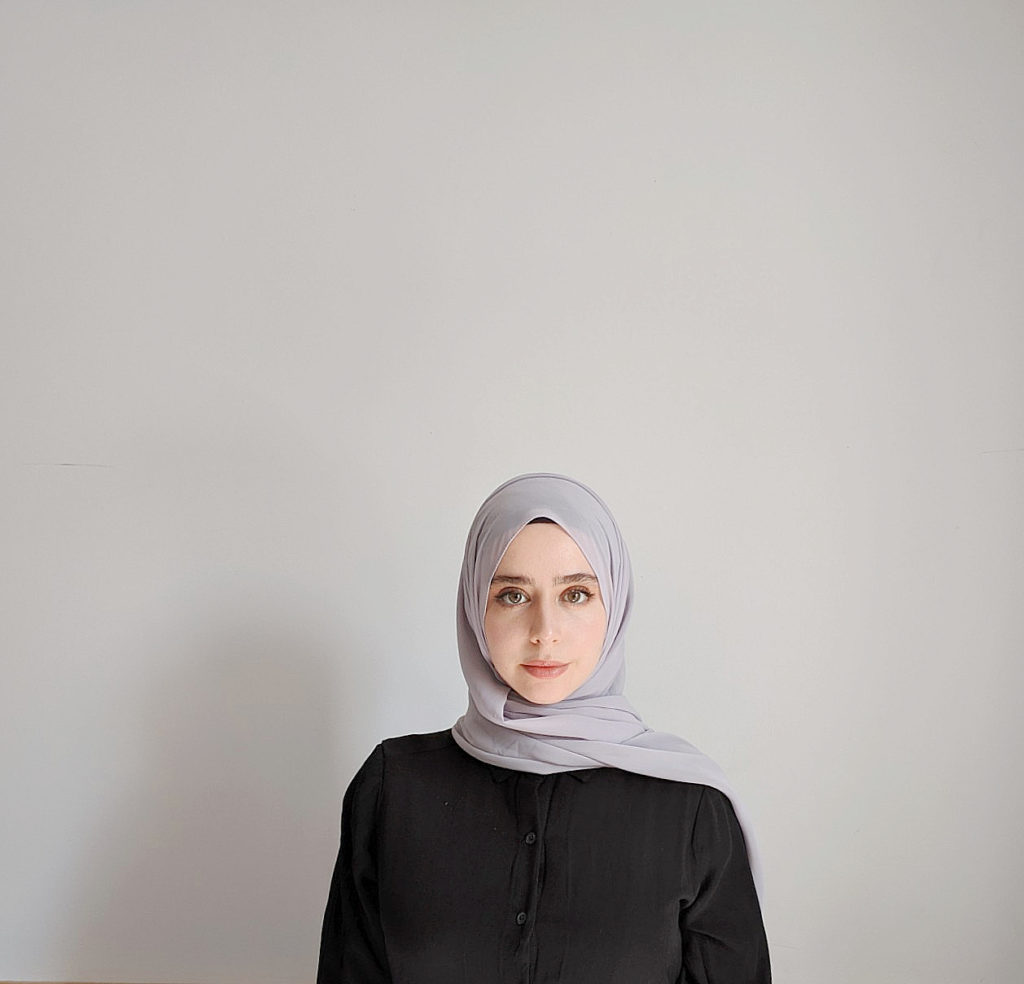
Meet Zainab Abu Alrob
Joining Professor Atak from the Toronto Metropolitan University is the early career researcher, Zainab Abu Alrob, who is a Ph.D. student in Policy Studies at the Department of Politics and Administration. Alrob holds an MA in Global Governance from the Balsillie School of International Affairs, Waterloo. Her research interests include border policy, refugee protection, and access to human rights. She is currently involved in a research project examining the impact of border security measures on the rights of irregular migrants. She also conducts research on refugee settlement, resilience, and integration in Canada.
Meet Jona Zyfi
Jona (Yona) Zyfi is a Ph.D. student at the Centre for Criminology & Sociolegal Studies at the University of Toronto and a Junior Fellow at Massey College. Born in Albania, raised in Australia and now living in Canada, Jona’s research is motivated by her lived experiences with immigration and refugee systems and processes: “My research explores the role and impact of technology in migration and refugee regimes with a particular focus on automated decision making in refugee status determinations and the right to international protection. I am also interested in the governance of refugee protection in light of technological developments in this space. Thus, I am very excited to be given the opportunity to join the PROTECT project and the Canadian team in further investigating these important topics through an interdisciplinary and comparative framework”.
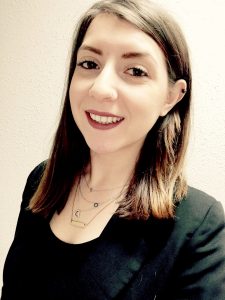
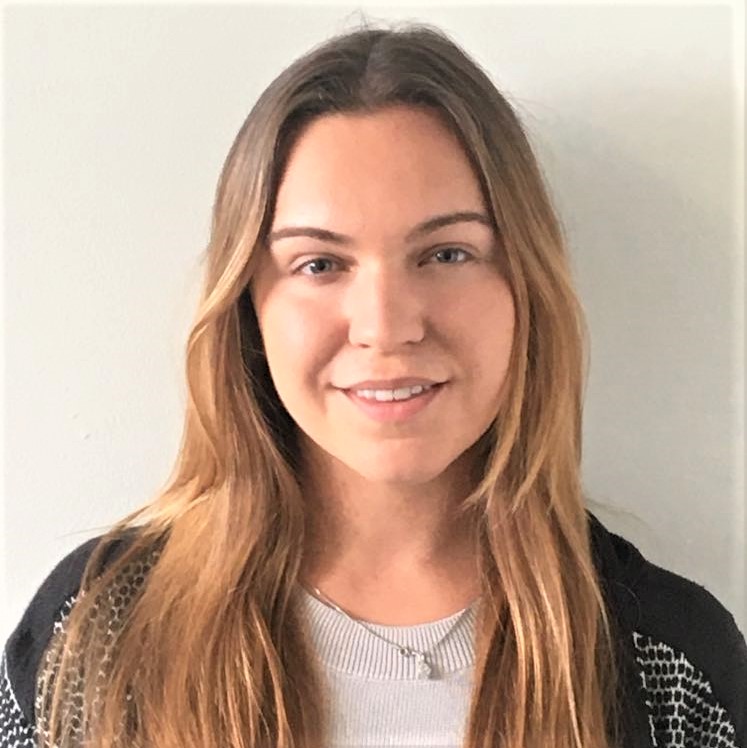
Meet Claire Linley
Claire Linley is a PhD student in Socio-Legal Studies at York University. She holds a Masters degree in Immigration and Settlement studies from Ryerson University. Her research focuses on immigration detention in Canada, with a particular focus on Canada’s Alternative to Immigration Detention framework. She was the founder of the King’s University College chapter of the World University Service of Canada. Claire previously worked as a policy analyst in transformation for the Government of Canada, focusing on organizational culture prior to pursuing her masters. She is currently conducting research on the possible impacts of Canada’s Alternative to Immigration Detention program.
Meet Sara Asalya
Sara is the Founder and Executive Director of The Newcomer Students’ Association, a national grassroots not for profit organization working at the intersection of migration, education, and social justice. Sara has collaborated and worked on different research and policy development projects focused on refugee displacement and resettlement, gender-based violence, and labour market integration for immigrant and refugee women. Sara holds a Masters in Education in Higher Education from the University of Toronto. Her research is focused on exploring the systemic and structural barriers faced by immigrant and refugee students with different migration statuses in accessing, transitioning to and succeeding in higher education, as well as looking at higher education institutional responses to the global refugee crisis. Sara is currently co-leading the fieldwork in Canada related to the migrant interviews of Work Package 4.


Meet Julie Kim
Julie Kim (she/her) is a recent graduate of the Master of Arts, Immigration of Settlement Studies program at Toronto Metropolitan University (TMU) with an undergraduate background in Politics and Governance. She currently works as a Policy Analyst at Immigration, Refugees and Citizenship Canada (IRCC) in Settlement and Integration Policy, and previously worked as a Junior Policy Analyst at IRCC’s Asylum Policy Branch. Julie’s academic interests pertain to irregular migration, undocumented migration, and immigration detention in Canada. During her graduate studies, Julie was a stipend student with the Canada Excellence Research Chair (CERC) in Migration where she supported their research initiatives. Julie has also been assisting Dr. Idil Atak with various research projects on border controls and refugee protection, most recently in relation to the PROTECT project Work Package 2.
The importance of private initiatives
Despite declining government efforts and weakened political commitments, Canada’s privately sponsored refugee resettlement initiatives continue their success.
In 2016, the Global Refugee Sponsorship Initiative (GRSI) was launched, an initiative co-led by the UNHCR and the Canadian government aiming to establish private sponsorships to facilitate the integration of newly arrived refugees through the engagement of individuals, community organizations, faith-based groups, NGOs, private companies and resettled refugee families.
“Privately run resettlement initiatives have been successful in Canada. Currently, 60 percent of refugee resettlements are due to privately sponsored initiatives,” Atak explains.
“The role of private stakeholders will remain important in facilitating the implementation of the Global Compacts on Refugees and Migrants in both Canada and globally”, according to Atak.
This was also emphasized during by Sophie Magennis, Head of Policy and Legal Affairs, UNHCR Regional Office in Brussels, during PROTECT’s kick-off conference in March 2020:
“We need to bring a diversity of partners into the work on refugee protection and developing integration measures. Therefore, the Compacts envisages partnerships with the private sector, such as employers and organizations,” Magennis said.
Watch the rest of UNHCR’s intervention below:

